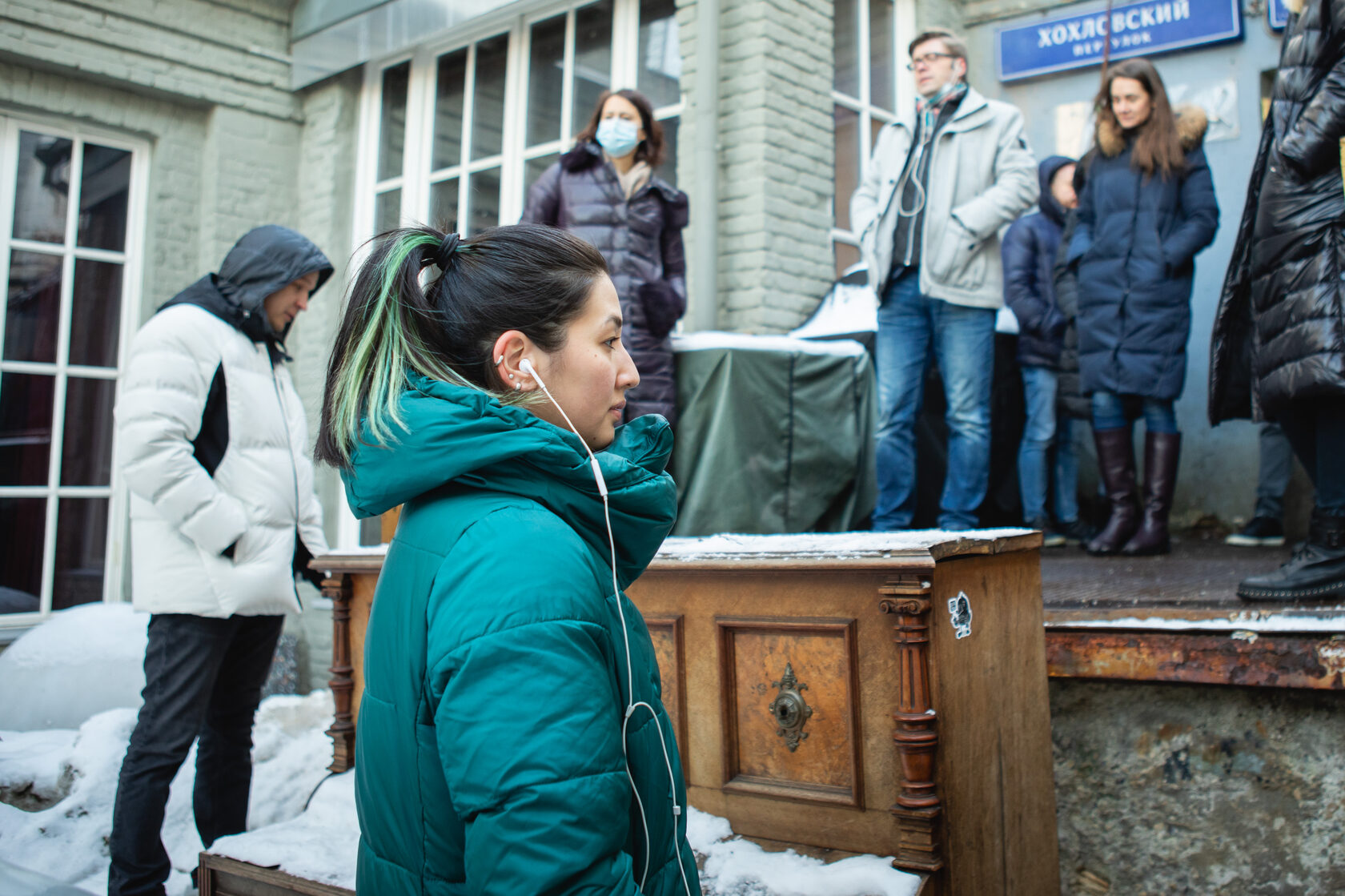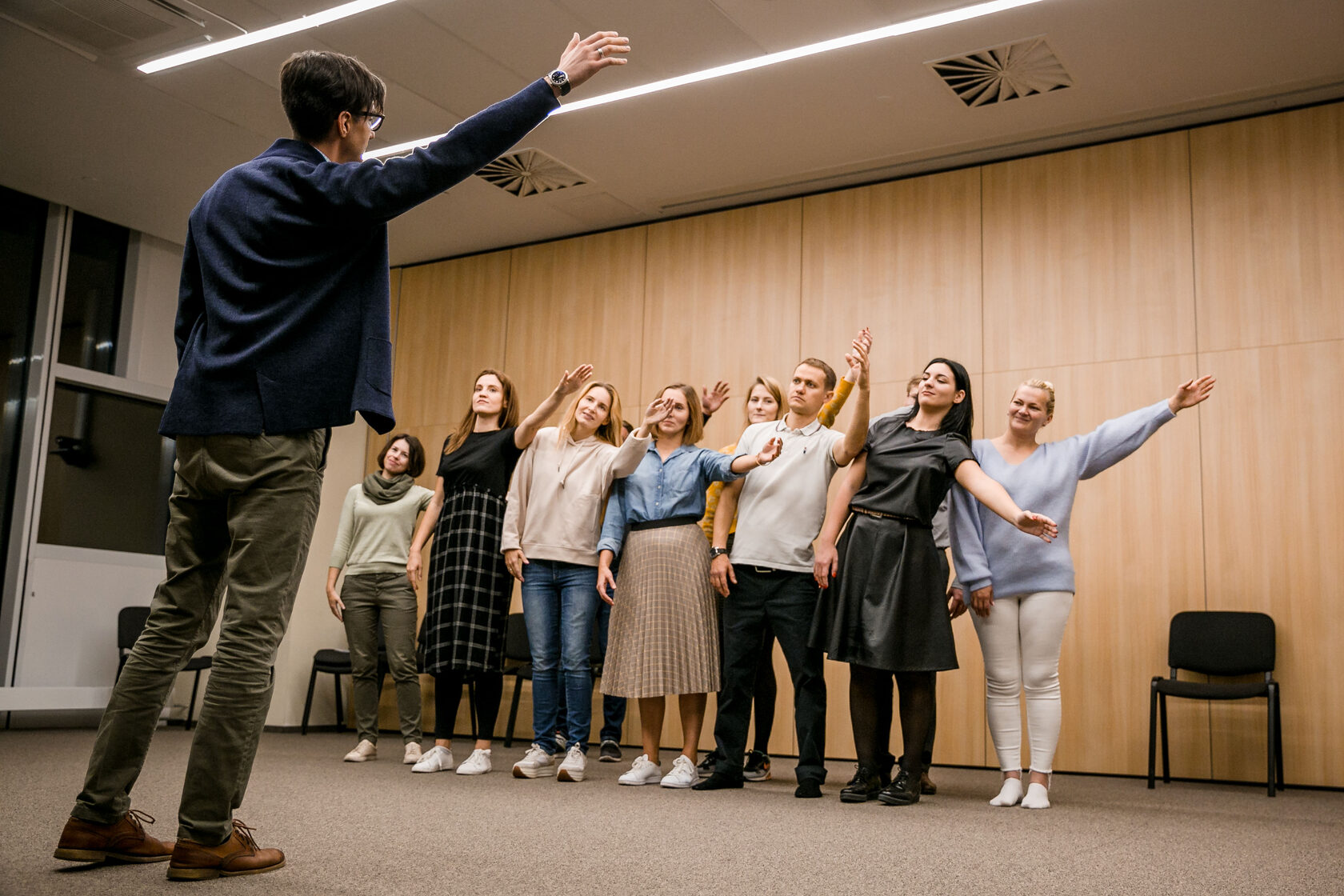In the modern world, you can often hear the concept of “soft skills”, but does everyone understand its true meaning? Let's figure it out. Translated from English, the term means “soft/flexible skills,” which means skills that are not strictly tied to any type of activity. They are not developed through lectures, books and theoretical knowledge. Soft skills are strengthened through immersion in action, living new emotional experiences and changing habitual behavior strategies.
These include competencies that are useful in any professional field, where:
These include competencies that are useful in any professional field, where:
- there is interaction with people;
- negotiations and meetings are held;
- a search for solutions is required.
In other words, the practice of soft skills is necessary in all areas and directions. It helps to establish communication, think creatively, quickly solve problems and emerging difficulties, and collaborate not only with colleagues, but also with clients. These skills are largely related to the development of emotional intelligence, empathy, self-reflection, awareness and adaptability.
Companies often begin the process of developing soft skills among employees with managers, improving their leadership skills. After all, the business result of any team depends on how aware the leader is of himself and his own attitude to emotional, communicative and motivational processes. To effectively use soft skills, it is important to continue to expand your understanding of the role of a leader and his capabilities in interactions.
That is why one of the programs for developing leadership qualities and skills at the VOZDUKH Center is built on creating challenges that can take a person’s competencies to a whole new level. For this, a variety of tools are used, including a walk around the city or a specific street with audio accompaniment, the WOW effect of which is comparable to attending a coaching session.
That is why one of the programs for developing leadership qualities and skills at the VOZDUKH Center is built on creating challenges that can take a person’s competencies to a whole new level. For this, a variety of tools are used, including a walk around the city or a specific street with audio accompaniment, the WOW effect of which is comparable to attending a coaching session.

The peculiarity of mastering soft skills is that this is not a one-time action. This is a constant process of search, reflection, exploration of depth and transformation of approaches. As a person grows, the number and complexity of tasks that require reaching a new level of awareness and understanding of how to manage oneself, others, and how to cooperate increases.
What levels of engagement does Air Lab use?
- Incorporating logic through an intellectual challenge.
- Connecting the emotional sphere, which triggers mental activity, expands perception and enhances motivation for mastering a topic.
- Bodily inclusion through physical actions.
All 3 layers stimulate powerful change and transformation that promote development and increased efficiency.
The practices we propose go beyond the usual activities, but provide enormous potential for leadership. For example, we use clowning and improvisational theater methods, which improve interaction within the company and teach them to work with errors and feedback. Our team creates specific performance-based environments where people can immerse themselves in leadership models, try out roles that the world recognizes as effective, and explore what they can incorporate into their practice.
Another project, Air Lab, aimed at developing a person-oriented approach, allowed company representatives to see clients as partners. During the workday, various practices were built into employees' tasks. In particular, it was proposed:
- pay attention to the clients’ eye color and send information about this to a special chatbot;
- imagine what a particular client was like as a child, and much more.
The tasks grew in complexity from simple to complex and led to employees experiencing a special type of contact with the client, which became transformational for them.

As a result of reflection, employees were able to look at customer focus from a different angle: understand how to interact as equals. Many participants noted that it was the practical immersion and connection of experience with the work process that helped them realize the benefits of care, attentiveness and empathy for the client.
This synergy allowed us to increase:
This example demonstrates the importance of working on the same topic in different ways. After all, each subsequent stage encourages a person to new results and achievements. Only by creating some kind of emotional experience can you connect a person’s internal resources and his awareness to what he is doing.
This synergy allowed us to increase:
- the number of positive reviews in the book of complaints and suggestions is more than 50% immediately after the end of the business performance compared to ordinary days in the customer’s stores;
- local trade turnover by more than 14%.
This example demonstrates the importance of working on the same topic in different ways. After all, each subsequent stage encourages a person to new results and achievements. Only by creating some kind of emotional experience can you connect a person’s internal resources and his awareness to what he is doing.

To summarize, we note the importance of developing soft skills among company leaders and employees. This improves not only their professional and personal qualities, but also the performance of the entire team.
